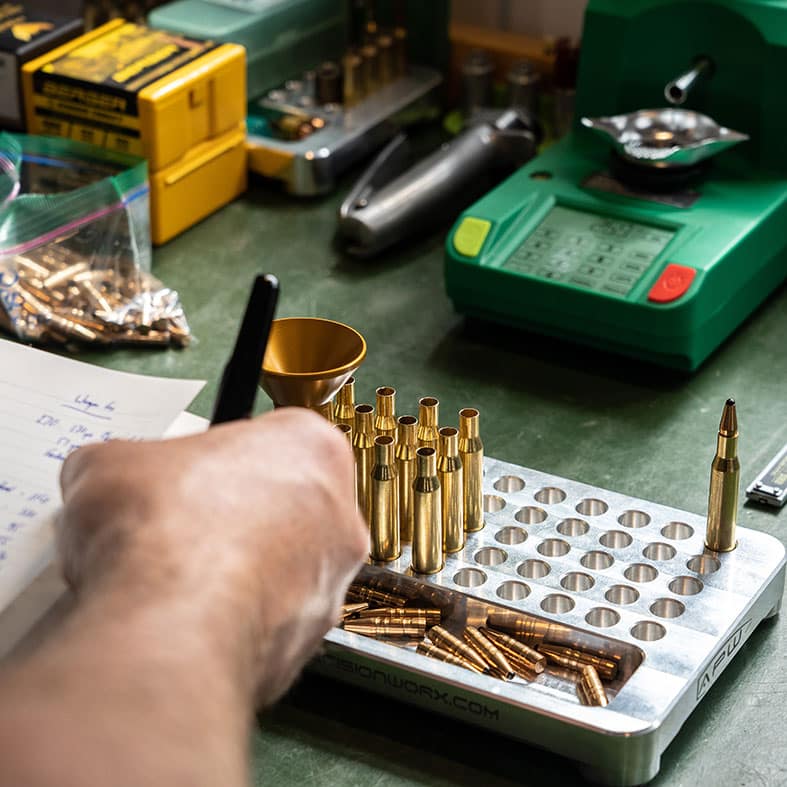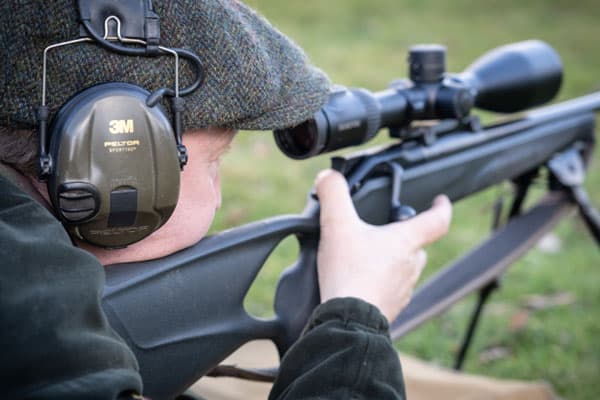
The Olympic .38 blank firing revolver ban
Information on the Olympic BBM .380 calibre blank firing revolver, which is a prohibited weapon due to their prevalent use in crime.
Get information on the legal shooting season for mammals and birds in the UK.
Learn about our current conservation projects and how you can get involved.
Comprehensive information and advice from our specialist firearms team.
Everything you need to know about shotgun, rifle and airgun ammunition.
Find our up-to-date information, advice and links to government resources.
Everything you need to know on firearms law and licensing.
All the latest news and advice on general licences and how they affect you.


Firearms Explosives Black powder best practice
The transportation of explosives by private individuals in their own motor vehicles for leisure activities is permitted within certain weight limits. Explosives include black powder (gunpowder), smokeless powders, small arms ammunition for use in small arms, and model rocket motors.
It is the responsibility of the individual carrying the explosives to ensure that the prescribed limits are not exceeded.
Given the instances of road accidents, care must always be taken to prevent the presence of explosives from increasing the hazard produced by the accident to the driver, passengers and any other persons.
To that end, the following are recommended methods of transporting those explosives in a safe and secure manner by road. They do not cover the restrictions placed on the carriage of explosives by rail or by any form of public transport.
The person who is in lawful possession of the explosives must ensure that the vehicle, when parked and unattended, is locked and any immobiliser or alarm should be set.
If possible, the vehicle should be parked within the sight of the responsible person and not left unattended for any longer than is necessary for the immediate comfort or refreshment of that individual(s).
Where a vehicle is to be left unattended, the explosives must be removed. Failing this, the explosives must be held in a locked container secured to the vehicle so that the container, together with the vehicle, provides a secure place of keeping.
Only classified explosives may be carried and they should always remain in their original packaging. This packaging displays the appropriate hazard warning and security labels. The packages of explosives, or where required their contents may also be placed in one of the following accepted containers:
The package, with original hazard labels, or the above, suitably identified must be kept out of view and properly restrained to prevent any movement likely to result from any normal motion of the vehicles or impact in the event of collision. The object is to avoid having the explosives in a position that it is close to those parts of the vehicle likely to be subject of impact.
Explosives should be separated from and protected from any other hazardous materials or sources of vehicle fire. Only items classified as UN Hazard Code 1.4S (for example small arms cartridges) may be carried with other dangerous goods (for example fuel cans, gas bottles, paints, solvents etc). Black powder is NOT classified as 1.4S, so separation of black powder, propellants and rocket motors from hazardous materials is required so as to prevent the accidental initiation of one by the other.
Containers and the areas in the vehicle in which the explosives are to be carried should be kept clean and free from contamination, particularly by grit.
For security of the explosives, they should be kept in the boot or any other lockable storage area within the vehicle.
In the case of an estate car or similar, where the explosives are being carried in the load carrying area, the responsible person should ensure that the lid or cover is in place. In the absence of such a lid or cover, the items should be covered or concealed in such a way as to prevent their identification.
In the interests of safety, the person possessing the explosives in carriage should ensure that all occupants of the vehicle are aware that potential hazards, such as smoking, naked flames or sparks are strictly forbidden inside or close to the vehicle.
Got a question? Email us on firearms@basc.org.uk or call 01244 573 010.
© BASC July 2023

Information on the Olympic BBM .380 calibre blank firing revolver, which is a prohibited weapon due to their prevalent use in crime.

This branch of the target-shooting sports has been growing in popularity over the past few years. It involves using either original old guns, or replicas of modern manufacture.

This course is offered as a bespoke service to zoos and safari parks, which can be tailored to meet specific needs.
Sign up to our weekly newsletter and get all the latest updates straight to your inbox.
© 2023 British Association for Shooting and Conservation. Registered Office: Marford Mill, Rossett, Wrexham, LL12 0HL – Registered Society No: 28488R. BASC is a trading name of the British Association for Shooting and Conservation Limited which is authorised and regulated by the Financial Conduct Authority (FCA) under firm reference number 311937.
If you have any questions or complaints about your BASC membership insurance cover, please email us. More information about resolving complaints can be found on the FCA website or on the EU ODR platform.
This website uses cookies so that we can provide you with the best user experience possible. Cookie information is stored in your browser and performs functions such as recognising you when you return to our website and helping our team to understand which sections of the website you find most interesting and useful.
Strictly Necessary Cookie should be enabled at all times so that we can save your preferences for cookie settings.
If you disable this cookie, we will not be able to save your preferences. This means that every time you visit this website you will need to enable or disable cookies again.
This website uses Google Analytics to collect anonymous information such as the number of visitors to the site, and the most popular pages.
Keeping this cookie enabled helps us to improve our website.
Please enable Strictly Necessary Cookies first so that we can save your preferences!
More information about our Cookie Policy